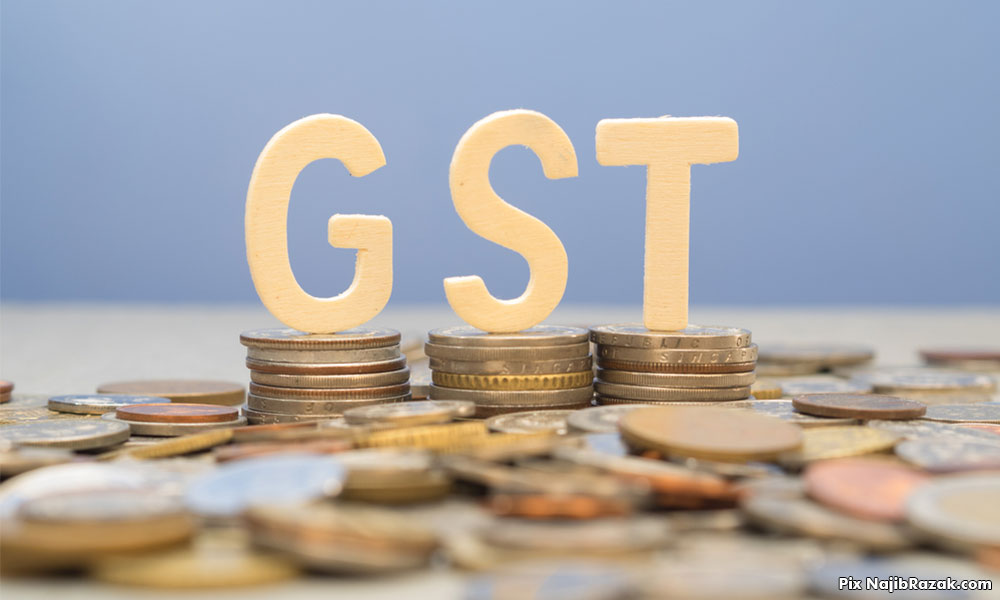
GST a good tax 'tarnished' by poor implementation, says Finance Ministry undersecretary for fiscal policy Mohd Hassan Ahmad said the goods and services tax (GST) is a good tax for the country’s finances, but its reputation had been tarnished due to mismanagement by the previous administration.
He said he hopes that the government would reintroduce GST once the country’s economy is in better shape.
“I think a lot of us share your views. Indeed, it is good for the government’s balance sheet. It is just that on the implementation side, the past administration’s mismanagement had tarnished it.
“So, I would sympathise also with the current government because they have promised (to abolish GST), and they have to deliver it.
“I believe one day it should go back to where GST is implemented. The question is when. When is it the country will be ready for that?” he said at a forum organised by the Malaysian Economic Association in Kuala Lumpur today.
He was responding to a comment by economist Ramon Navaratnam, who said it was a big mistake to abolish GST.
Hassan said he hopes the government would consider reintroducing GST the next time the economy is in an upswing, perhaps sometime after 2020, or following a review of the country’s finances sometime in the future.
Meanwhile, National Budget Office director Johan Mahmood Merican concurred that many of those present would sympathise with his views on GST, but government had already committed to abolish it.
He added that the government is also aware of the sales and service tax’s (SST) shortcomings, and had introduced some measures to mitigate it when bringing back SST to replace the GST.
Meanwhile, in his presentation on the 2019 budget proposal, Johan said the proposed budget is not an expansionary budget although the operating expenditure appears to be larger.
He said most of the increase is attributable to repayment for the RM37 billion in arrears for GST and income tax refunds, which would be funded almost entirely by the RM30 billion one-off special dividend from Petronas.
In total, Petronas would be paying RM54 billion in dividends to the federal government.
In addition, he said the government has decided to put tax refunds as an expenditure item rather than to offset it against government revenue, which gives the appearance of a large increase in operating expenditure.
“But if you take out the tax refunds - both the amount that is projected this year and next year - it tells a very different story. You then see total expenditure then contracting from RM286.5 billion to RM277.5 billion.
“Under normal circumstances, you might think that a saving of RM9 billion or three percent of expenditure would be a relatively easy exercise, but truth be told, historically, every year in the past, we’ve always had an increase in operating expenditure,” he said.
Analysts had previously warned that the government’s renewed reliance on oil revenues to fund government expenditure would make the country’s economy more vulnerable to external shocks, such as fluctuations in oil prices and the Ringgit-US Dollar exchange rate.
Former prime minister Najib Abdul Razak, meanwhile, had warned the government not to jeopardise Petronas’ future growth by “raiding” its reserves.
The government had previously accused Najib and his administration of wrongfully withholding tax refunds. The former premier has denied wrongdoing. - Mkini


No comments:
Post a Comment
Note: Only a member of this blog may post a comment.